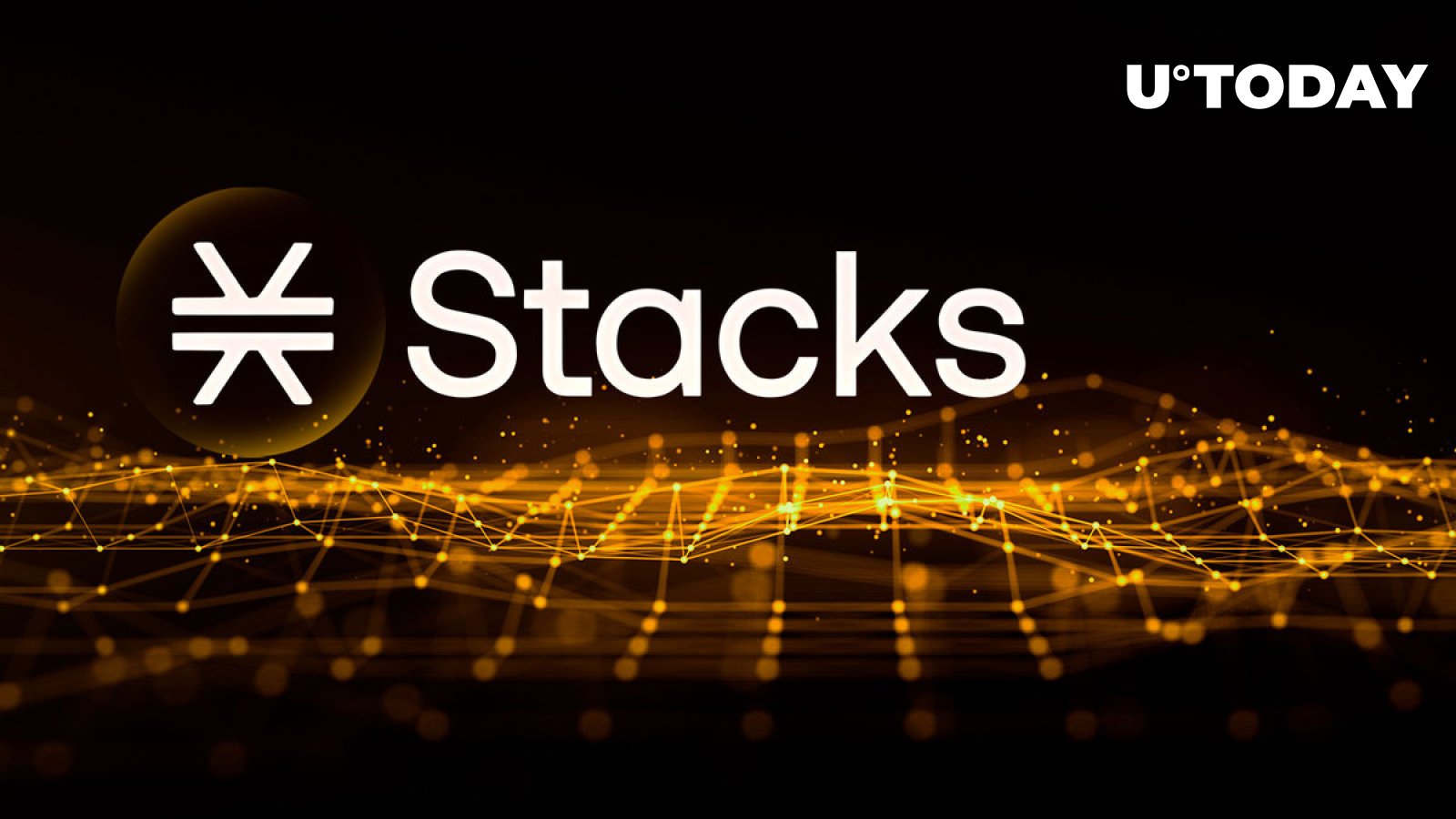Ahead of Nakamoto upgrade activation, Stacks network strengthens its ecosystem with the participation of the industry’s leaders in staking and validation capacities.
According to the press release shared with U. Today, eight new organizations have begun supporting the leading Bitcoin L2 network as signers: Blockdaemon, NEAR Foundation, DeSpread, Luxor, Chorus One, Kiln, Restake and Alum Labs.
With a new cohort of signers integrated, Stacks solidified its dominance in the segment of DeFi on Bitcoin (BTC) and other Web3 economic applications of the largest blockchain network.
Fresh signers joined a group that already includes Copper, Figment, Luganodes, Xverse, Ryder and community- and individual-run staking pools.
On Stacks, signers are responsible for validating new Stacks blocks. Also, novel participants will eventually be responsible for signing deposit and withdrawal transactions for BTC/sBTC transactions.
Andre Serrano, sBTC Resident at the Stacks Foundation, highlights the importance of the announcement for the entire ecosystem of dApps on Bitcoin (BTC):
These Signers add yet another layer of decentralization and bring industry leading infrastructure to the leading Bitcoin L2 as the ecosystem seeks to unlock the Bitcoin economy and bring Bitcoin to billions of users. Together, we are poised to unlock exciting new use cases for Bitcoin.
As covered by U. Today previously, Stacks network activated a number of tech upgrades in 2023.
Thanks to the balanced design of the network mechanism, the signer set is open and will include the thousands of Stackers currently locking over $1 billion in STX in Stacks’ consensus. After the Nakamoto upgrade, Stackers, who currently earn a BTC yield for helping secure the network, will take on the additional role of validating Stacks blocks.
Adding “high-reputation” signers to the mix means network benefits from parties who have a vested interest and track record for behaving honestly. These signers are publicly and transparently participating, and they have infrastructure and tools in place that may help spot potential bad actors.
This completely open network of signers also ensures the highest level of decentralization possible in alignment with the values of those interested in new use cases for their Bitcoin.

